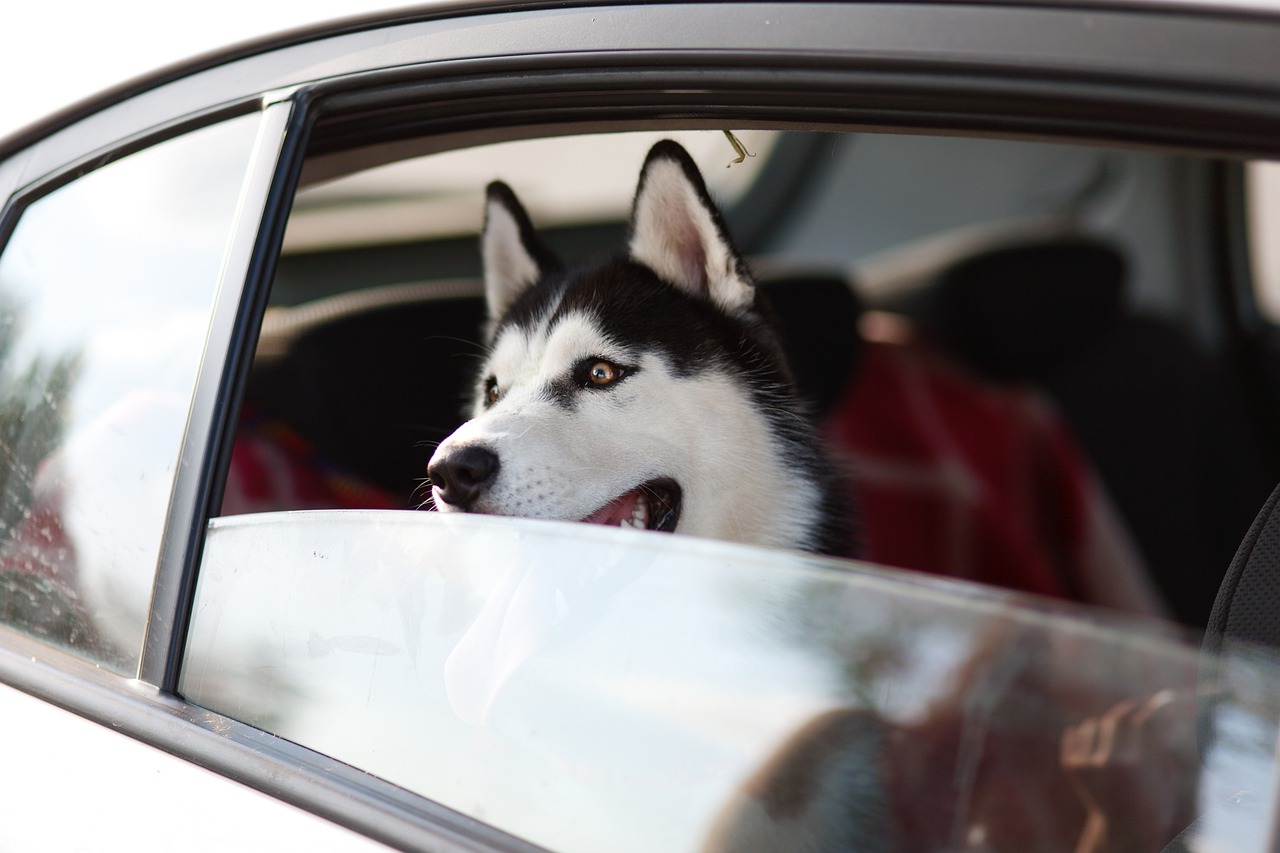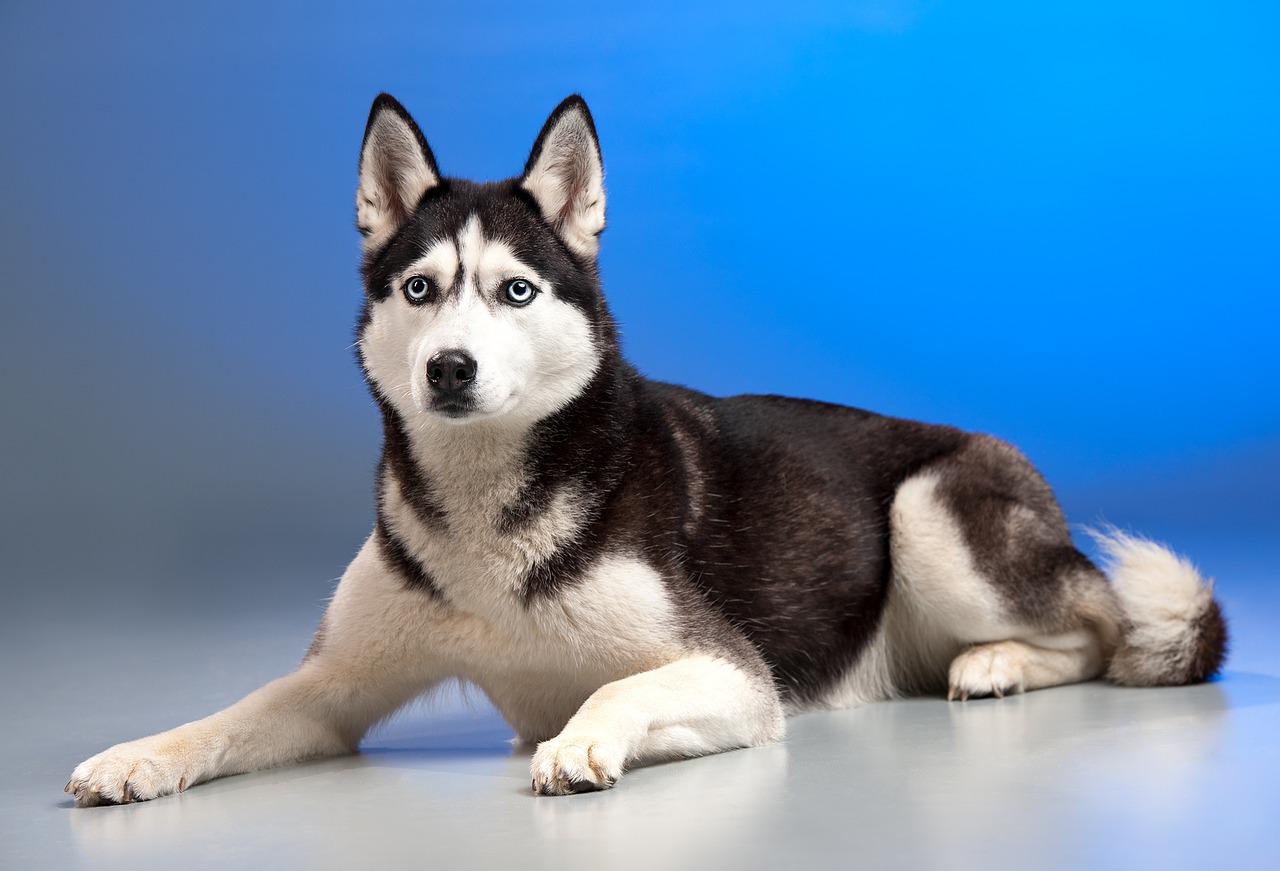What is the Alaskan husky temperament? There are many factors that determine an Alaskan husky’s behavior. But there are some traits that are universal in all Alaskan huskies. These traits include Active, Loyal, Independent, and Smart. If you are considering getting an Alaskan husky as a pet, read on to learn more about its temperament. Here’s a brief overview.
Active
While the Alaskan Husky is often considered a working dog, it is more suitable for a family. This active dog loves family time and adventures. This breed is active and will require daily walks and jogs. You must be physically fit to keep up with the Husky’s energy levels. This breed is known for howling and sheds a moderate amount of fur. People who are allergic to dog dander should consider a different breed.
Loyal
A good temperament is essential to keep an Alaskan husky happy. They are very affectionate and loyal to their families. Moreover, this breed was originally bred for speed. This is reflected in its performance in races such as the Alaskan Open North American Championship, which is held in Alaska. The Alaskan husky almost always wins the championship. This dog breed is also a very social animal, and they enjoy the company of their humans and other dogs. Therefore, it is ideal to have a dog that enjoys active living.
Independent
The Independent Alaskan husky temperament can be difficult to train for many reasons. This breed is highly independent and loyal, and it loves car rides and changes in routine. However, it is important to remember that this breed is not easy to housebreak and may not be the right dog for the family if you are having trouble disciplining it. The good news is that the coat of the Alaskan Husky tends to be self-cleaning and sheds only a small amount of hair each year.
Smart
The Alaskan Husky’s temperament is one of the traits that makes them such a popular pet. The breed has a highly independent temperament. You can expect them to take their time to complete tasks, but they will ultimately follow the right course of action. This is especially true if you buy your dog as a puppy, as it may get bored if you let it remain indoors all day. However, this trait can be improved with training.
Low-maintenance
The Alaskan husky temperament is low-intensity, which makes it the ideal choice for the family that doesn’t have much time to devote to its upkeep. While this breed is known for its devotion to its owner, they do require an active lifestyle. If you can’t spend time with your dog, expect him to resort to destructive behavior and escape attempts. However, this is not to say that an Alaskan husky is unloving – they are just naturally affectionate and love to spend time with their owners.
Usually even-tempered
An Alaskan husky temperament is fairly even. They are not particularly aloof or resentful, but they do have a tendency to become bored easily, and this can lead to mischief and destruction of property. As a result, they must be taught to sit still in a classroom. Training should be short and straightforward, and focus on teaching only one command at a time. This way, the dog will be able to focus without being distracted from the training.
Loyal to family
The temperament of the Alaskan husky is loyal to its family and will be affectionate towards everyone in the house. As a dog from Alaska, they have been bred as pack animals and crave the companionship of other dogs and humans. In some cases, this may lead them to jump up on people, purely out of affection. However, if you have the right temperament and leadership skills, the Alaskan husky temperament is one of the most affectionate and loyal dogs you could ever have.
Easy to train
The Alaskan husky is a breed that is relatively easy to train. While its intelligence level is on the average, it is comparable to the Siberian Husky. However, it is important to remember that huskies do have some characteristics that make them more difficult to train. With consistent training, you can build a loyal, loving companion. Here are some tips for training this breed. You can start by focusing on consistent and positive training as early as possible.
Similar Posts:




Leave a Comment